FACILITATING
“Facilitation is the art of unlocking the power of a group through dialogue and the pursuit of clarity, enabling active participation and welcoming and harnessing the wealth of different perspectives.” – International Association of Facilitators
/ OUR OFFER
Facilitation is more than “just” moderation
Facilitation enables participation
The facilitator gives a group a secure structure

– Discussions in pairs or triads: Small discussion groups are helpful for approaching a topic, exchanging initial ideas, clarifying one’s own opinion, sorting and prioritising thoughts. Such working settings have the advantage that everyone is actually included and involved, and dysfunctional relationship patterns or different functions and power relations are excluded.
– Working in groups or in plenary: Predefined questions and time structures in both small groups and in plenary ensure that the power of the group is channelled in a beneficial way and that a common thread enables the goals to be achieved. During the process, the facilitator is responsible for ensuring that democracy and fairness prevail and that openness and honesty are at the centre without dramatising.
THE COMPANIES
WHO HAVE CHOSEN US







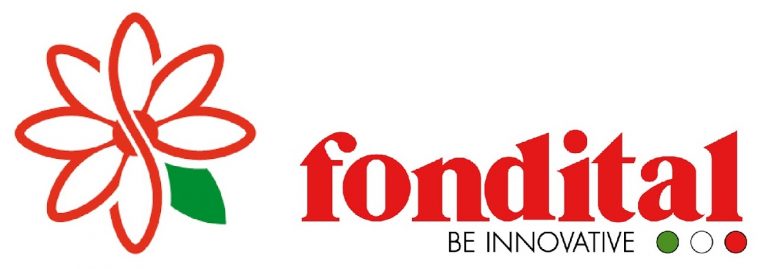

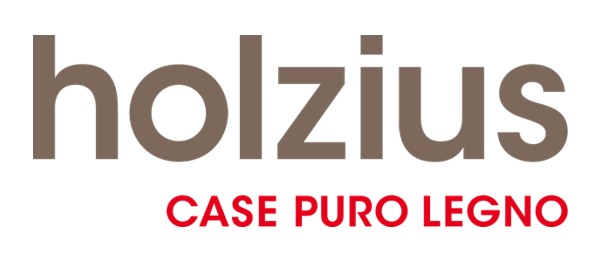





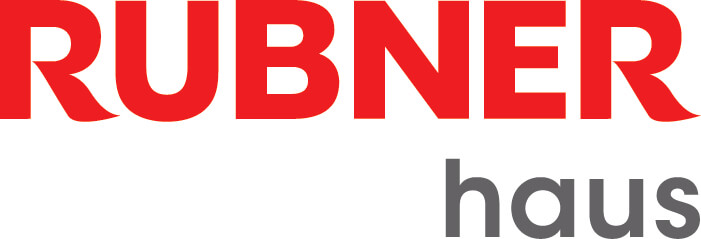



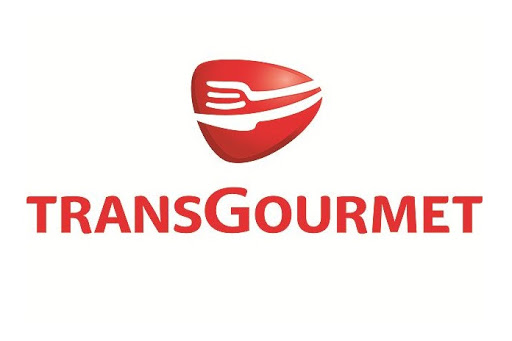

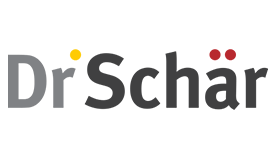
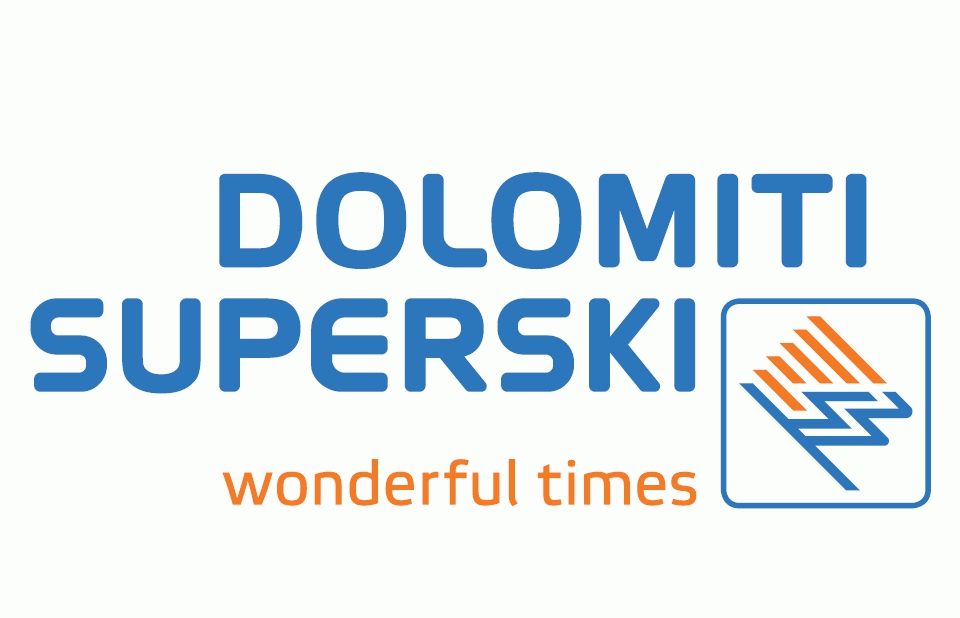
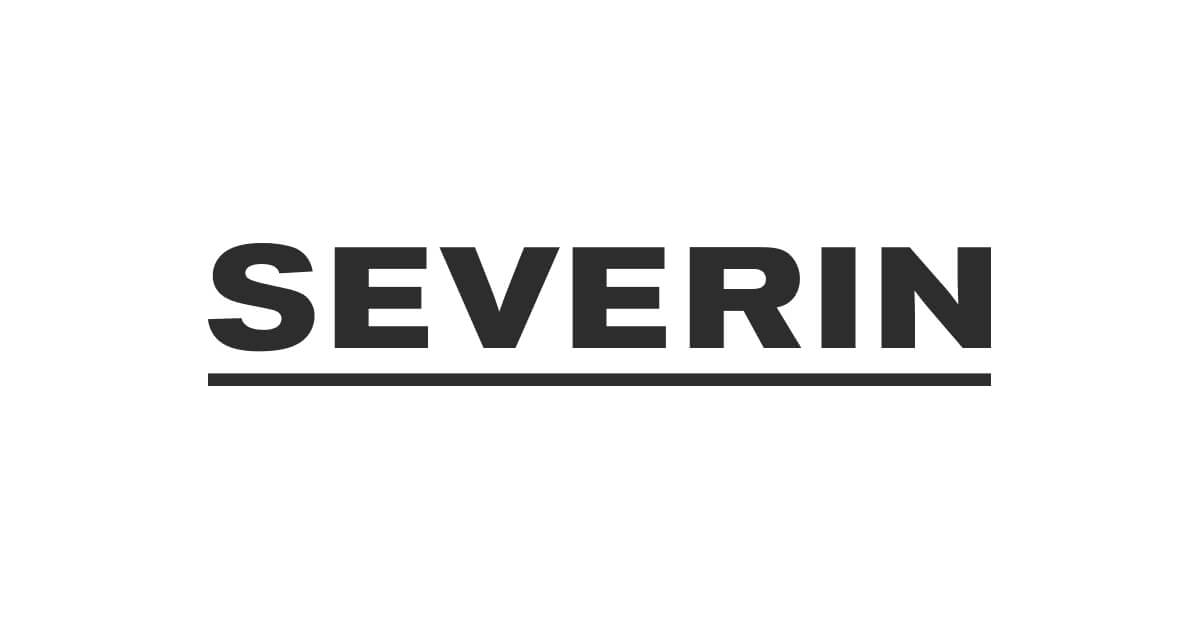



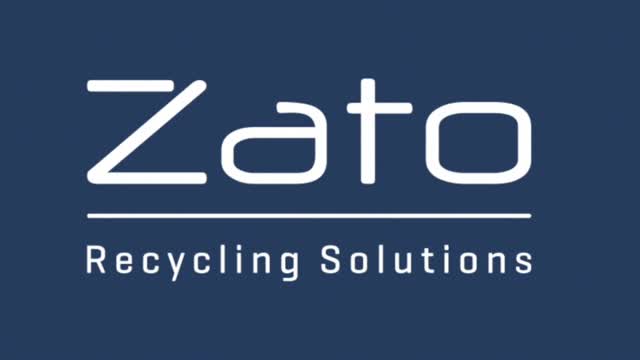
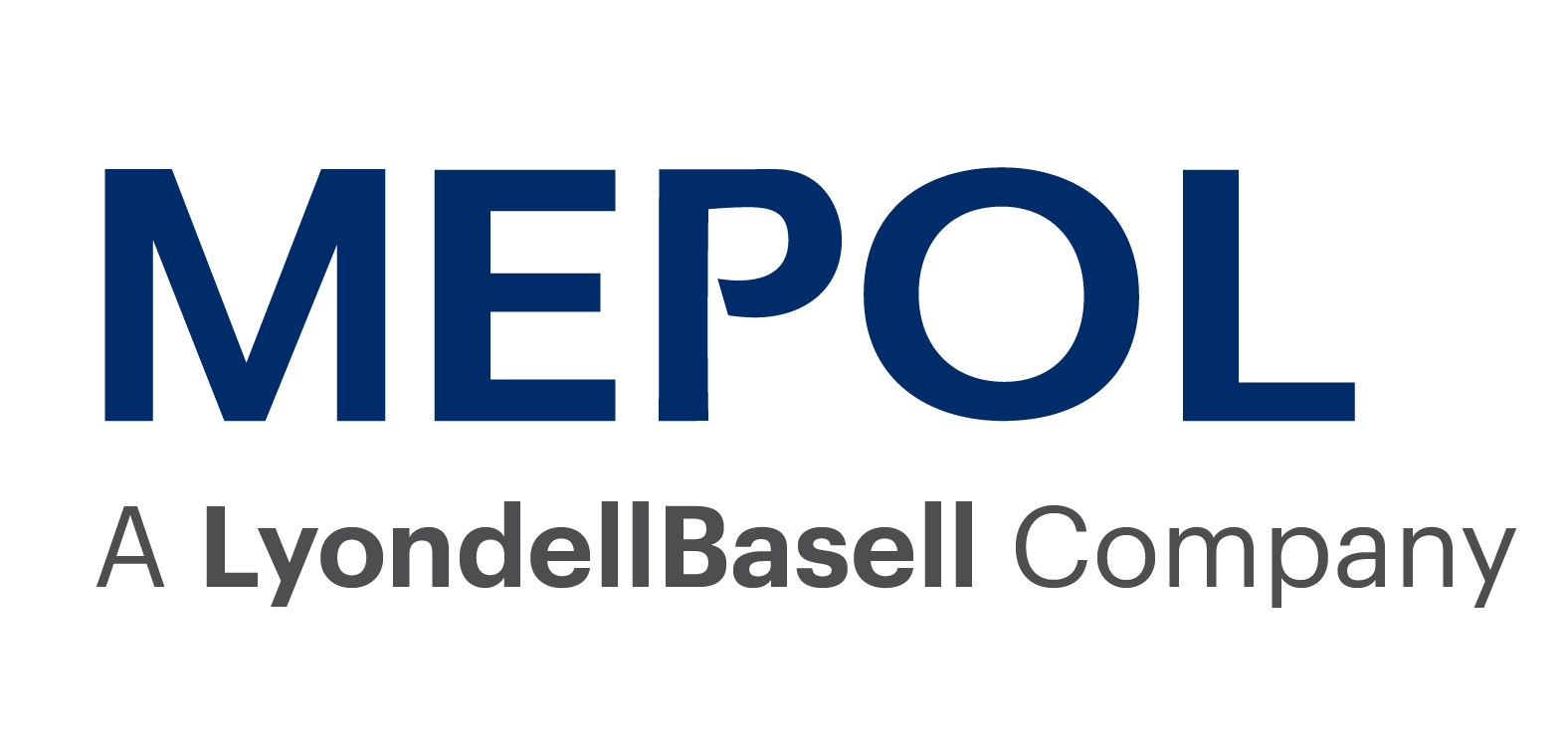

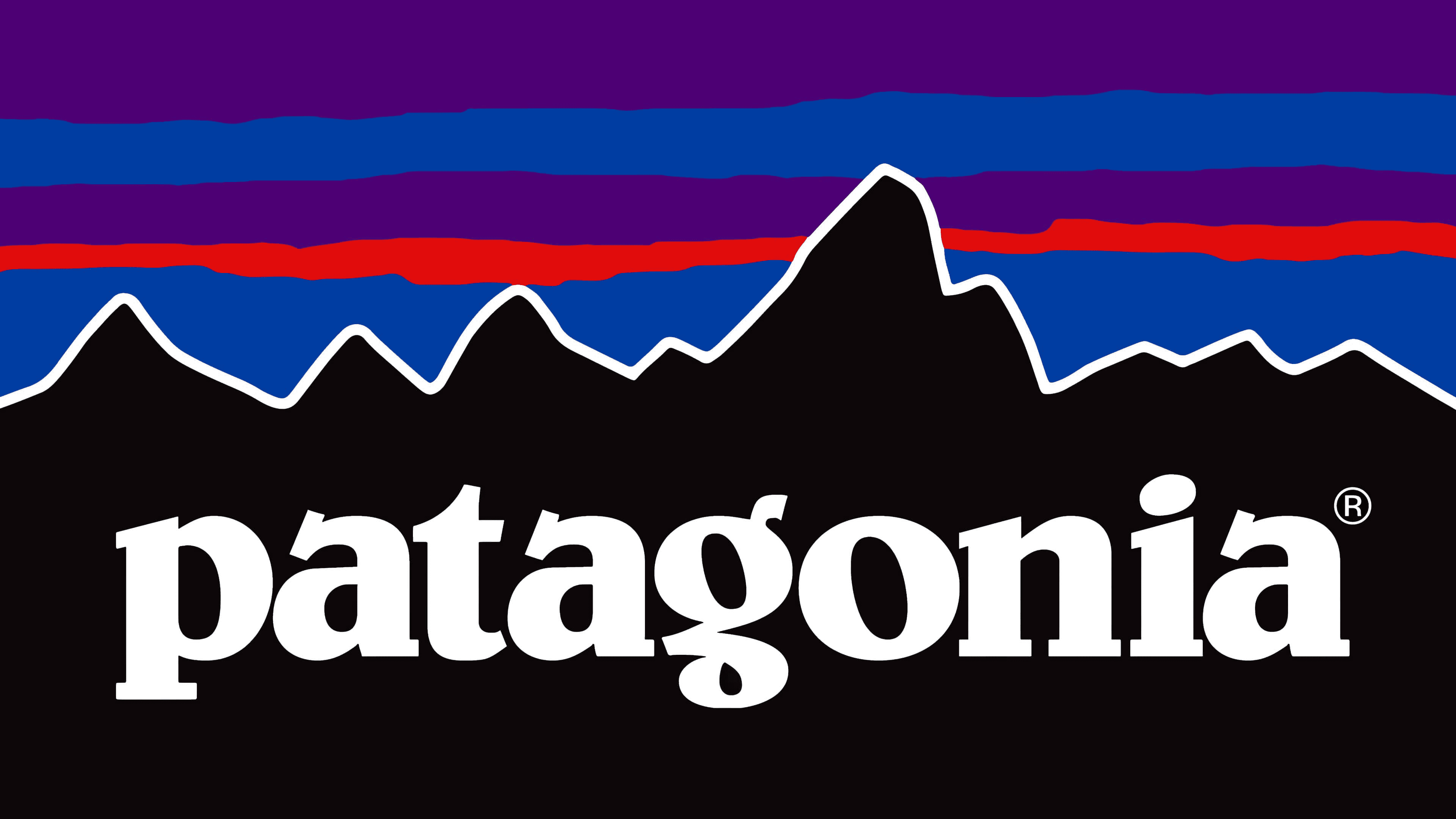

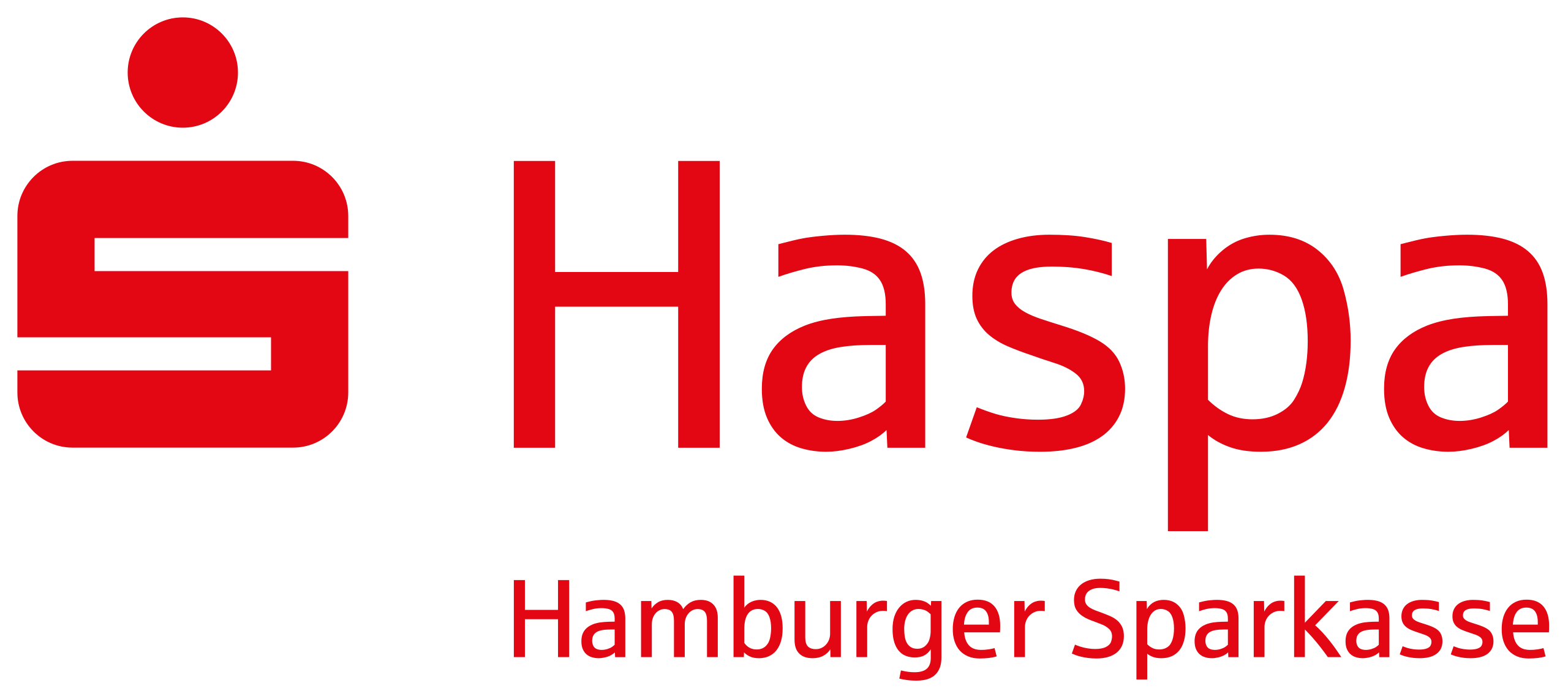

What is the facilitator responsible for?
1. to “hold the space”
Facilitation must ensure that the atmosphere in the room is characterised by openness and appreciation. Only this guarantees that everyone involved can trust that everything can be addressed openly and from a personal perspective and will be heard. Of course, it sometimes happens that difficult emotions come to the surface or that smouldering conflicts or sensitive issues become visible. And the motto here is: only what can be discussed can be resolved and dealt with. Our highly qualified facilitators can deal with this and utilise any disruption, no matter how difficult, as an opportunity and resource for the positive development of the group and the company.
2. guardian of the rules for successful communication
One of the tasks of a facilitator is to observe the communication and relationships in the circle from a meta-level and to intervene if necessary. He/she can also be equipped with an acoustic signal for this purpose. He/she is authorised by the circle to intervene. The circle agrees to pay full attention to the guardian as soon as the signal sounds. Intervention is important in the following situations:
– Deviation from the topic: If the facilitator observes that communication is going in a direction that deviates from the actual topic of the session, he/she interrupts with a short signal and draws the group’s attention to what has happened.
– Tensions within the circle: Often, unspoken tensions prevent effective communication, cooperation and decision-making. Here too, the facilitator has the task of drawing the group’s attention to this and can suggest a measure from the repertoire of different measures. The chosen measure should serve to reduce tensions and re-establish a basis for effective cooperation.
– Switching to a different communication mode: Depending on the objective, different communication modes make sense in a circle. The facilitator has the task of observing the flow of communication in the circle and encouraging a change of communication mode if the currently chosen form does not appear to be conducive to the objective.
– Need for a break: The facilitator also has the task of keeping an eye on the energy level in the circle and suggesting a break if necessary.

3. appreciation, goodwill and empathy
Never pressurising, never judging or lecturing is a basic principle of our facilitation. Every person and every group should be met where they stand. The intuition, wisdom and experiences of all those present are valued and believed and their autonomy to choose and decide for themselves is fully respected. The facilitator takes themselves, their own opinions and experiences back and works in the service of the group and in the service of the desired process and goals.
4. Neutrality
In order for a group to unfold its power and wisdom through the support of a facilitator, it is important that the facilitator designs and accompanies the process in a completely neutral manner. This is the only way to ensure that the different opinions and perspectives are integrated and that the individuals emancipate themselves, which is central to realising the potential of the different talents in the company. The neutrality of the facilitator also leads to a broader acceptance of the results achieved, as these have been achieved without the manipulative influence of an interest group or a hierarchically superior group or person.
5. supportive listening
The most important basis for successful communication within a group is listening. Listening requires and is an expression of appreciation, respect and acceptance. Real co-operation is not possible without listening. Real listening requires humility. We must withdraw ourselves, at least for a short while, and give someone else our undivided attention. Most of us have forgotten or never learnt this skill. In a social environment characterised by competition, we have learned above all to position ourselves, to play off our own arguments against those of others as cogently as possible and to prepare our own counter-attack while the other person is still making theirs. In this climate, it is mainly our own vanity or insecurity that grows, but real co-operation rarely develops. Here it is the task of the facilitator to be a role model and to repeatedly emphasise the importance of listening by intervening and raising awareness.

6. Process and methodological competence
A highly qualified facilitator has a great deal of experience in accompanying change processes, knows about the stages and mechanisms of group processes and has a wide range of methodological skills for the varied organisation of meetings, workshops and conferences.
7. presence
Perhaps the most important skill a facilitator brings to the table that can induce profound change and major steps in a group is a multi-layered presence. What has already been said and by whom? Who is involved, who is on the sidelines? Are we still on the right track? How is the energy and attention?
Content, group dynamics, atmosphere and goals must be kept in view at the same time. A high level of presence is therefore a true art and hard work at the same time.
What is Terra Institute’s approach if you are interested in a facilitation?
Get in touch with our founder and experienced process facilitator Evelyn Oberleiter, e.oberleiter@terra-institute.eu and describe your project. In a free initial consultation, we will provide you with initial ideas for the structure of your conference and a personalised proposal for the facilitation.
We want to contribute to your success!
